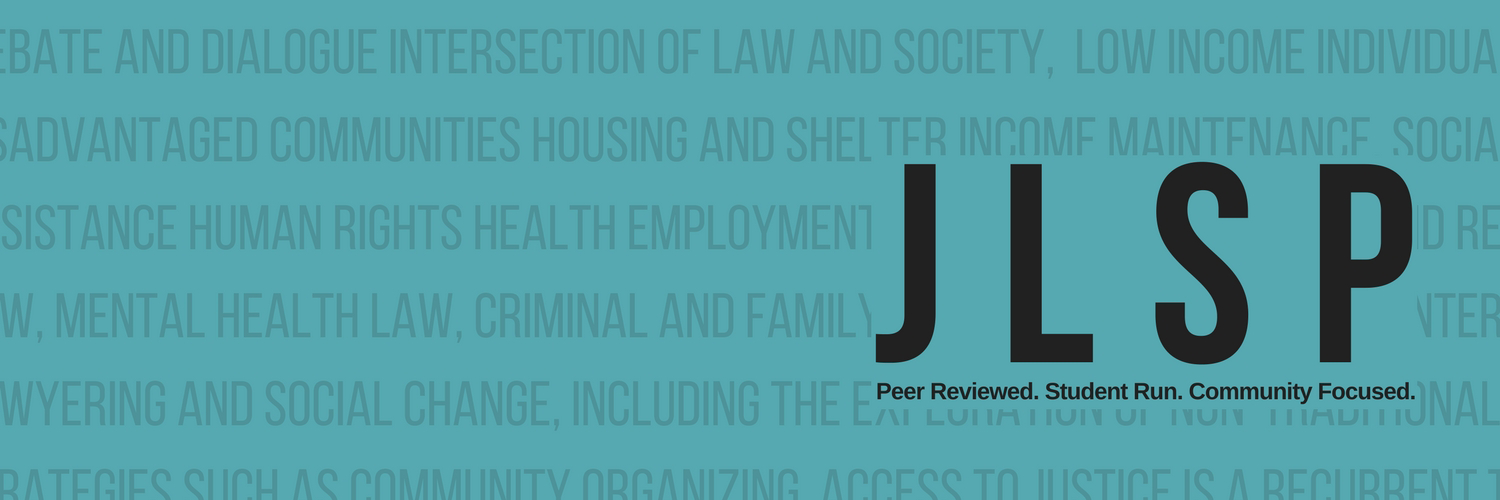
Document Type
Article
English Abstract
This article asks how the dialogue surrounding greater municipal autonomy intersects with Aboriginal rights and title, recognized under section 35 of the Constitution Act, 1982 (Constitution), with a particular focus on Toronto. The first part of this article sets out the ways in which Toronto sought empowerment following the Better Local Government Act or Bill 5, including judicial consideration of the constitutional role of Canadian municipalities, the legislative advances made by provincial governments, and the yet-implemented possibilities of protection through a little-used mechanism within the Constitution. Part II analyzes the obligations of municipalities in respect of Indigenous Peoples and communities with or without increased authority. I explain the ways in which municipal governments are introducing legal reforms to improve Indigenous-municipal relationships, the increasing expectations of municipal consultation with First Nations, and the direction of Canadian jurisprudence. In the final part of the article, I argue that any municipalities seeking protection or asserting a role as a democratic government within the Canadian federal landscape must understand their obligations to Indigenous communities.
Citation Information
Flynn, Alexandra.
"With Great(er) Power Comes Great(er) Responsibility: Indigenous Rights and Municipal Autonomy."
Journal of Law and Social Policy
34.
(2021): 111-127.
DOI: https://doi.org/10.60082/0829-3929.1410
https://digitalcommons.osgoode.yorku.ca/jlsp/vol34/iss1/6
